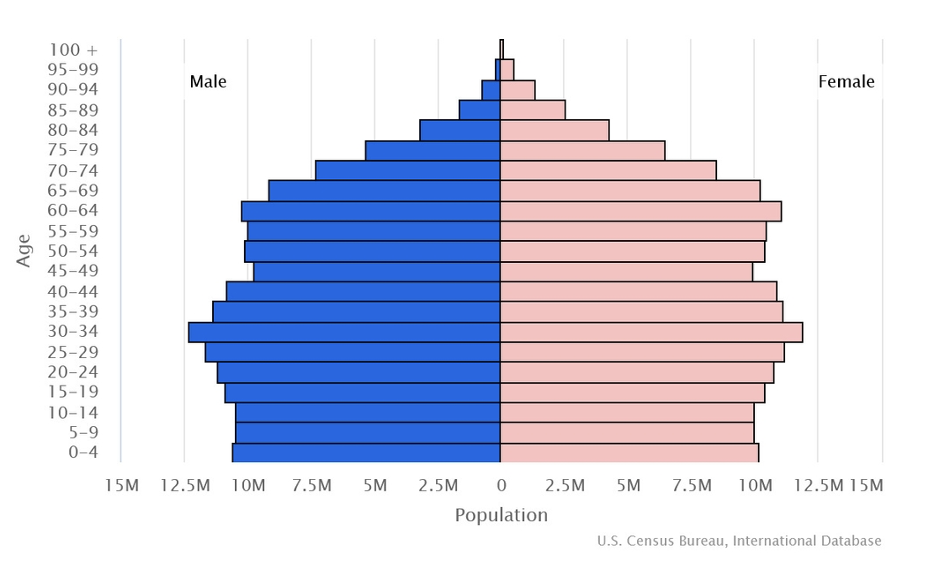Introduction
Global security risks represent one of the greatest challenges for companies in the 21st century. Political tensions, cybercrime, economic instability and military conflicts can jeopardize business operations and require proactive measures. In an increasingly interconnected world, companies need to develop resilient strategies to protect themselves against geopolitical uncertainties.
The biggest geopolitical security risks for companies
1. Cyber attacks and digital threats
The digital transformation has brought many advantages for companies, but has also created new areas of attack. Cyber criminals and state-supported hacker groups use vulnerabilities in IT systems to infiltrate companies, steal sensitive data or paralyze critical infrastructures.
- Ransomware attacks: Hackers encrypt company data and demand high ransoms.
- Industrial espionage: Companies lose valuable technological innovations to competitors or hostile states.
- Data leaks: Inadequately secured cloud systems can lead to the loss of confidential information.
2. Trade restrictions, sanctions & economic instability
Trade conflicts, sanctions and economic turmoil have a direct impact on companies, especially those with global supply chains and international markets. The consequences can be:
- Increased customs duties and import restrictions, which increase the cost of raw materials and goods.
- Suspension or restriction of trade relations with sanctioned countries or organizations.
- Fluctuating currency values and inflation, which have a negative impact on business planning.
3. Political instability & military conflicts
Wars, uprisings or political crises in certain regions can severely affect companies. Companies with production facilities, supply chains or investments in insecure regions are particularly at risk.
- Business interruptions due to destroyed infrastructure or evacuation measures.
- Expropriation or state intervention when political regimes exploit their power.
- Security risks for employees working in conflict zones.
How companies can protect themselves
1. Geopolitical risk analyses and scenario planning
Companies must recognize potential risks at an early stage in order to take appropriate measures. These include
- Regular risk analyses to identify emerging geopolitical threats.
- Scenario planning to develop alternative business strategies for different geopolitical developments.
- Use of AI-supported analysis platforms to assess global threat situations in real time.
2. Investment in cyber security and digital resilience
- Implementation of zero-trust architectures to prevent unauthorized access to company networks.
- Redundant backup systems to prevent data loss due to cyber attacks.
- Training employees to recognize social engineering attacks and phishing attempts at an early stage.
3. Diversification of supply chains and safeguarding of production sites
- Establishing alternative supply chains to reduce dependencies on individual countries.
- Expansion of production capacities in more stable regions to avoid business interruptions.
- Use of blockchain technologies to make supply chains more transparent and secure.
4. Protection through insurance and strategic partnerships
- Conclusion of political risk insurance policies that protect companies against losses due to expropriation or political instability.
- Establishing partnerships with security service providers to strengthen physical security measures in crisis areas.
- Establishment of a global security network that can act quickly in the event of a crisis.
Conclusion
Global security risks are diverse and constantly changing. Companies must continuously adapt their defense strategies to cope with geopolitical uncertainties. A combination of technological innovation, geopolitical foresight and strategic planning is crucial to remain resilient in the long term. Companies that prepare early can not only minimize risks, but also secure competitive advantages in an increasingly uncertain world.



